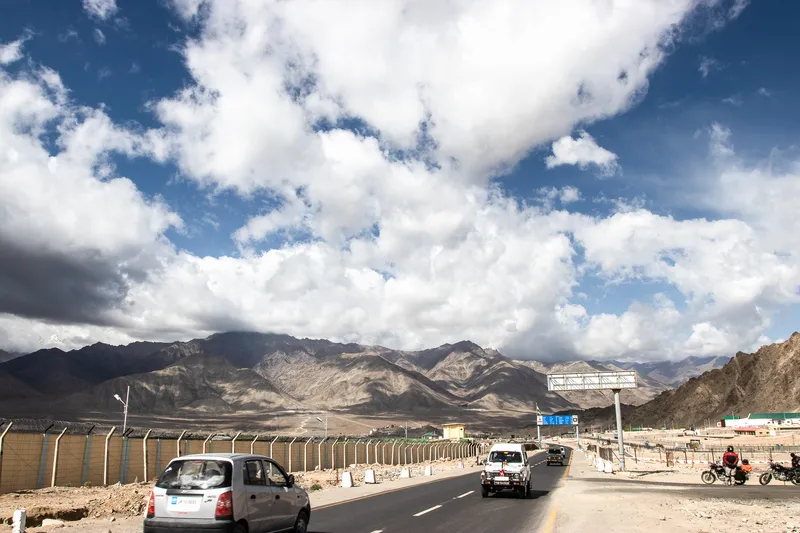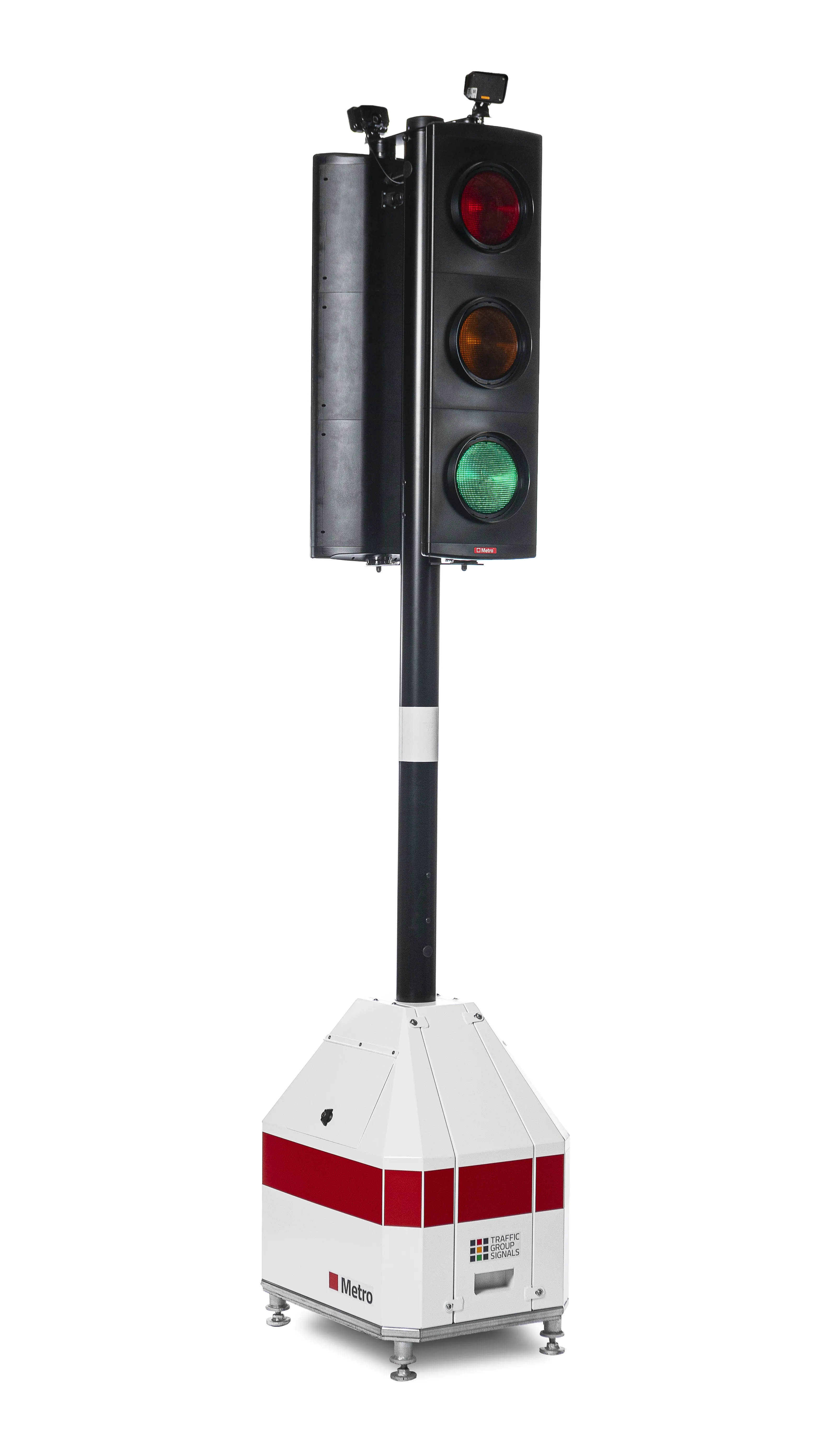The Swiss federal office for roads, Astra, has announced plans to implement a series of measures by 2020 to ease traffic flow on roads and to prevent congestion
Plans include limited use of the emergency lanes for some traffic in peak hours, bans on overtaking for trucks, and a temporary reduction to the maximum speed on heavily congested roads, as well as a targeted management at traffic lights. The measures will be implemented according to the degree of congestion on the national roads. There will also
August 21, 2013
Read time: 1 min
The Swiss federal office for roads, Astra, has announced plans to implement a series of measures by 2020 to ease traffic flow on roads and to prevent congestion
Plans include limited use of the emergency lanes for some traffic in peak hours, bans on overtaking for trucks, and a temporary reduction to the maximum speed on heavily congested roads, as well as a targeted management at traffic lights. The measures will be implemented according to the degree of congestion on the national roads. There will also be an improved disclosure of traffic news via the radio and information boards.
Astra has not disclosed the costs of the proposed measures, but has revealed that development on the emergency lane to accommodate for more traffic amounts to US$5.41 million per kilometre.
Plans include limited use of the emergency lanes for some traffic in peak hours, bans on overtaking for trucks, and a temporary reduction to the maximum speed on heavily congested roads, as well as a targeted management at traffic lights. The measures will be implemented according to the degree of congestion on the national roads. There will also be an improved disclosure of traffic news via the radio and information boards.
Astra has not disclosed the costs of the proposed measures, but has revealed that development on the emergency lane to accommodate for more traffic amounts to US$5.41 million per kilometre.








